In PPC, it’s easy to get swept up in the numbers that look good in a dashboard but don’t actually mean much for the business. You might see a jump in leads or form fills, but when you check in with the sales team, nothing’s really changed. That’s because some KPIs sound impressive on the surface but don’t link to revenue in a meaningful way.
Here are a couple of the usual suspects, and how I talk about them with clients.
Where Vanity Metrics Fall Short
More Doesn’t Always Mean Better
A high number of leads might look positive, but if most of those people were never likely to buy, it’s just noise. Sales teams end up wasting time chasing poor-fit prospects, and marketing spend is spread thin with little to show for it. Quality matters far more than volume.
Not All Interest Is Equal
Not every form completion carries the same weight. Someone downloading a free guide isn’t in the same position as someone booking a demo or requesting a quote. Treating them as equal “leads” only gives you misleading data and skews your campaigns.
How To Approach This With Clients
Be Clear About the Limitations
When working with clients, it is crucial to educate them about the limitations of vanity metrics and the importance of focusing on metrics that align with the business’s bottom line. Explain that not all leads are created equal and emphasise the need to assess the quality and conversion potential of leads to drive actual revenue.
Focus on Sales-Qualified Leads
Instead of fixating on increasing the overall number of leads, shift the emphasis to identifying and nurturing sales-qualified leads (SQLs). An SQL is a lead that has been vetted and determined to have a higher likelihood of converting into a paying customer/client. By focusing on increasing the percentage of SQLs within the lead pool, businesses can drive more effective marketing campaigns and maximise their return on investment (ROI).
Think Cost-Effectiveness, Not Just Volume
Highlight the cost-effectiveness of focusing on increasing the percentage of SQLs instead of simply aiming for higher lead numbers. Share examples to demonstrate how an increase in SQLs from, say, 20% to 40%, can result in a higher conversion rate and a more significant impact on the bottom line. This approach ensures that marketing efforts are optimised to generate revenue, rather than being diluted by a high volume of unqualified leads which can overload the internal teams. This becomes even more important when growing an account – as costs increase you want to ensure that the budget is being spent as effectively as possible to drive the best ROI.
Why This Benefits Both Client & Agency
- Agencies stand out by focusing on results that actually matter.
Clients value the honesty and know you’re not just padding out reports.
Conversations are more productive when both sides are looking at the same goals.
Stronger results naturally lead to longer-term working relationships.
Metrics like total leads and form completions aren’t completely irrelevant, but on their own they don’t tell you very much. The real test of PPC is whether those leads are qualified and likely to become customers. That’s what drives growth, and that’s where marketing proves its value.
At the end of the day, it isn’t about how many leads you can show in a spreadsheet. It’s about whether those leads are actually helping the business grow.
Remember, in digital marketing, true success lies not in the number of leads generated but in the quality of leads and their conversion potential.

